How I Planned my trip to Ghana
I spent a month solo traveling across Ghana and here are a few things I kept in mind to travel well. I am a Ghanaian living in Canada who loves learning about Ghanaian food, culture and history and planned my itinerary accordingly. But before getting to Ghana, here are a few things I considered. If you want details on my full itinerary, make sure to check out this link (click here).
Climate and Time of Travel
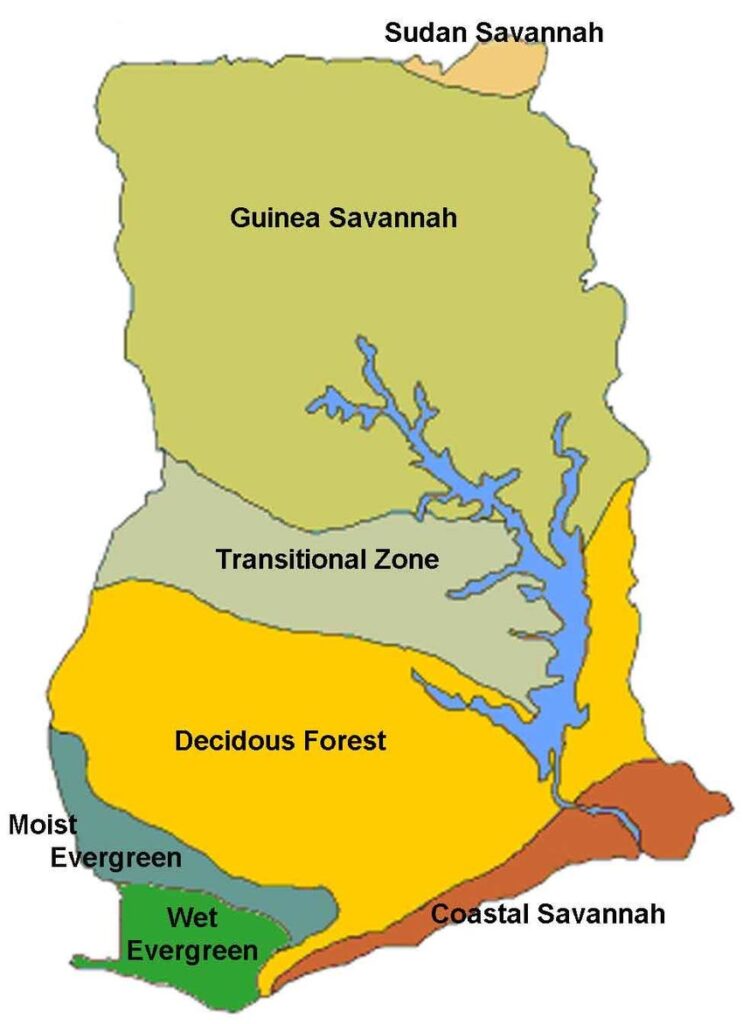
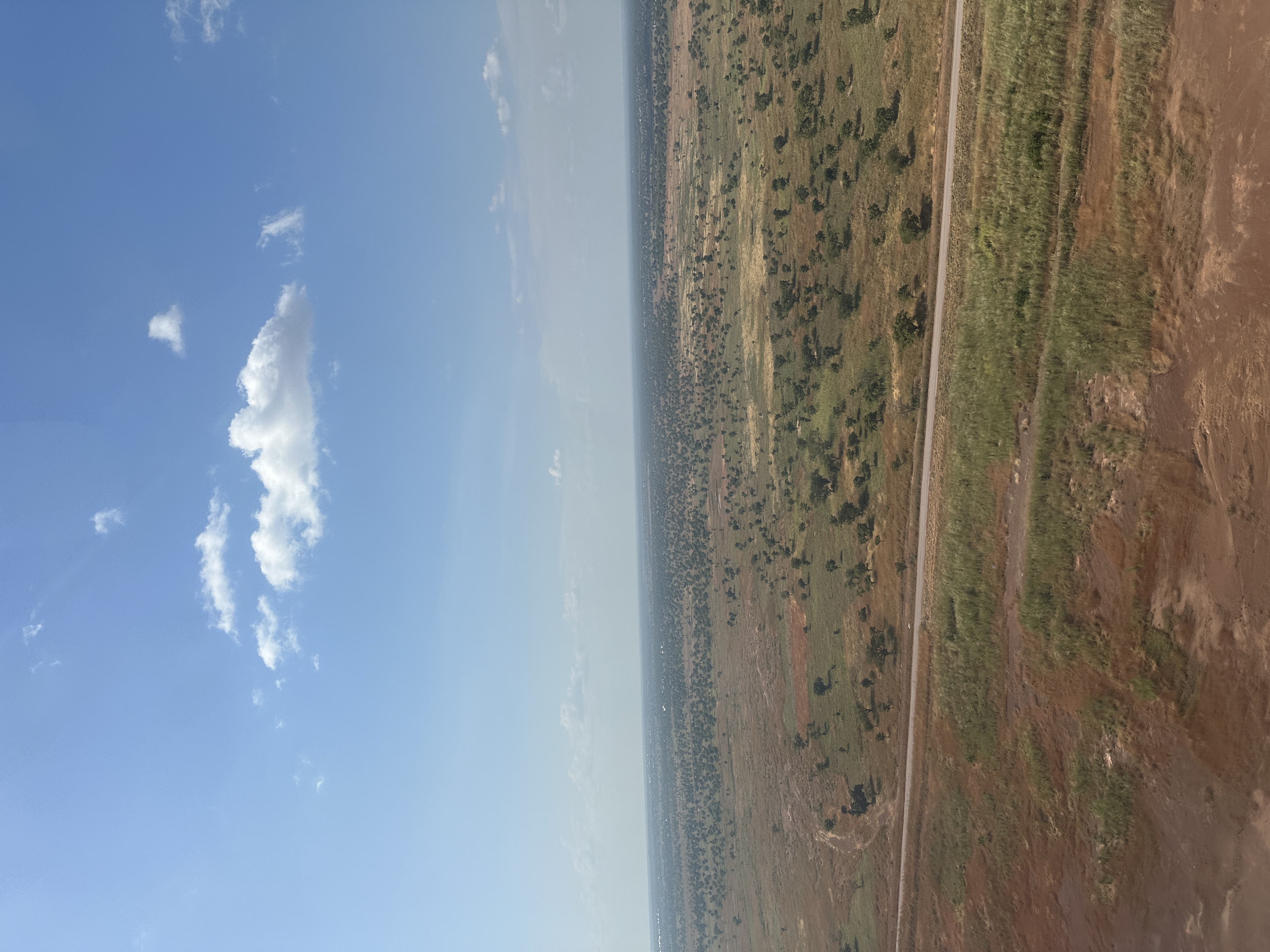
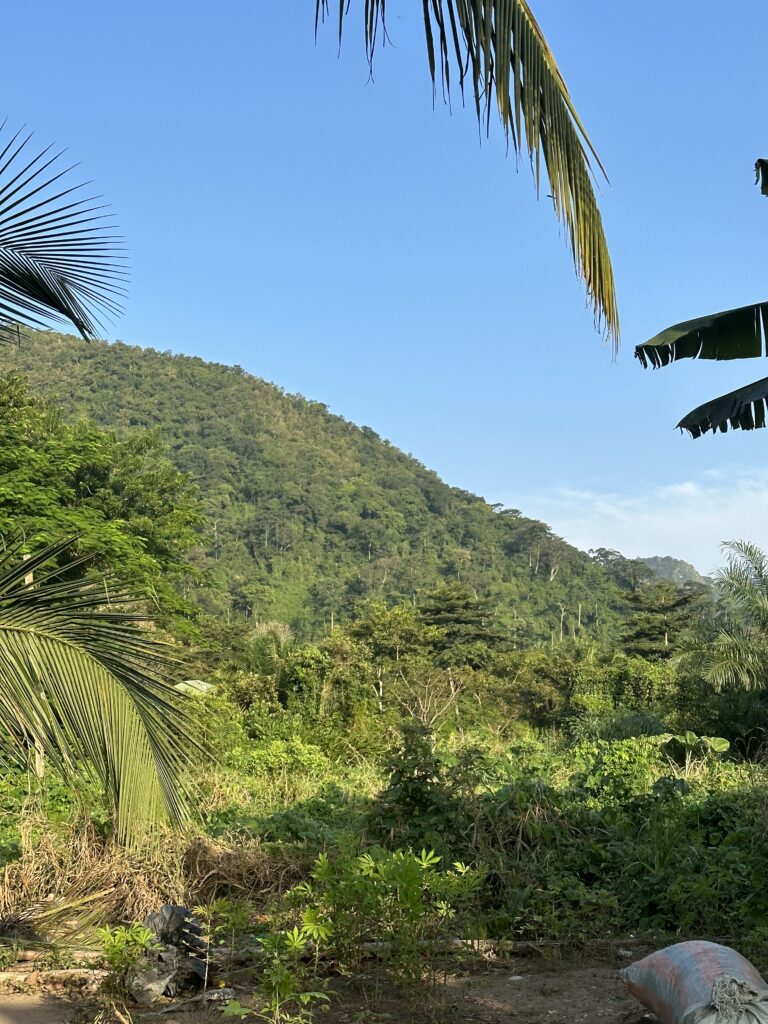
Ghana like any tropical country is warm throughout the year. However, there are major seasons everyone should be aware about: the rainy season and the dry season. The rains usually come from June to August, but with climate change, timelines have changed slightly. The dry season starts in December and extends well into Febraury. The rest of the year is quite hot, and depending where you are, you might still see rain here and there. Northern Ghana tends to be warmer than southern Ghana based on geography.
Since the Year of Return, Ghana has become a popular travel destination throughout the year. However, the major travel seasons are December, Easter and northern hemisphere summer time (June to August). I choose to travel to Ghana in the rainy season because the weather is cooler than Canada or in October and November when there is less tourist traffic and flights are a little cheaper.
Flight and Visas
Flying to West Africa is expensive. If you plan 3-4 months in advance, you can get flights from 1500CDN to 2000CDN from North America. Flights can cost double the average during the Christmas period. I am a dual citizen so I travel to Ghana with my Ghanaian passport but Ghana requires a visa for tourists (mainly non-African or non-Caribbean tourists) so make sure to check out the Ghana Embassy Website in your respective country for visa requirements.
Health Precautions
I was born and raised in Ghana so my body has some familiarity with the food and weather, plus have a lot of vaccines needed to travel to sub sahara africa. But to ensure I did not get sick on my last trip (catching malaria on this once-in-a-lifetime experience will be devastating), I made sure to visit a travel clinic before leaving. I live in Toronto so there are a few I found through a basic Google search. Here I consulted with a nurse practitioner who walked me through my options for anti-malarial medication and asked about my vaccine history. Ghana requires a yellow fever card (which I already had) but I also got an oral typhoid vaccine as well as a booster for meningitis. The travel clinic also suggested I bring along some probiotics to support my gut and travel with melatonin to help with the jet lag. I also had a discussion with my family doctor about other things I need to consider and recommended a tetanus booster.
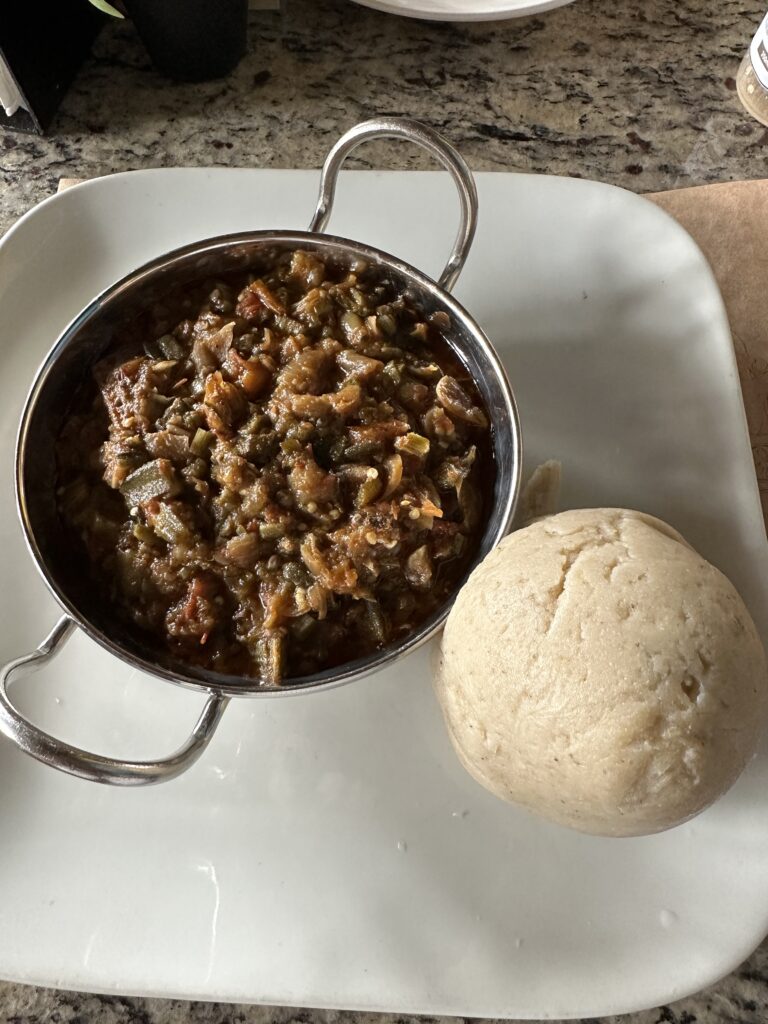
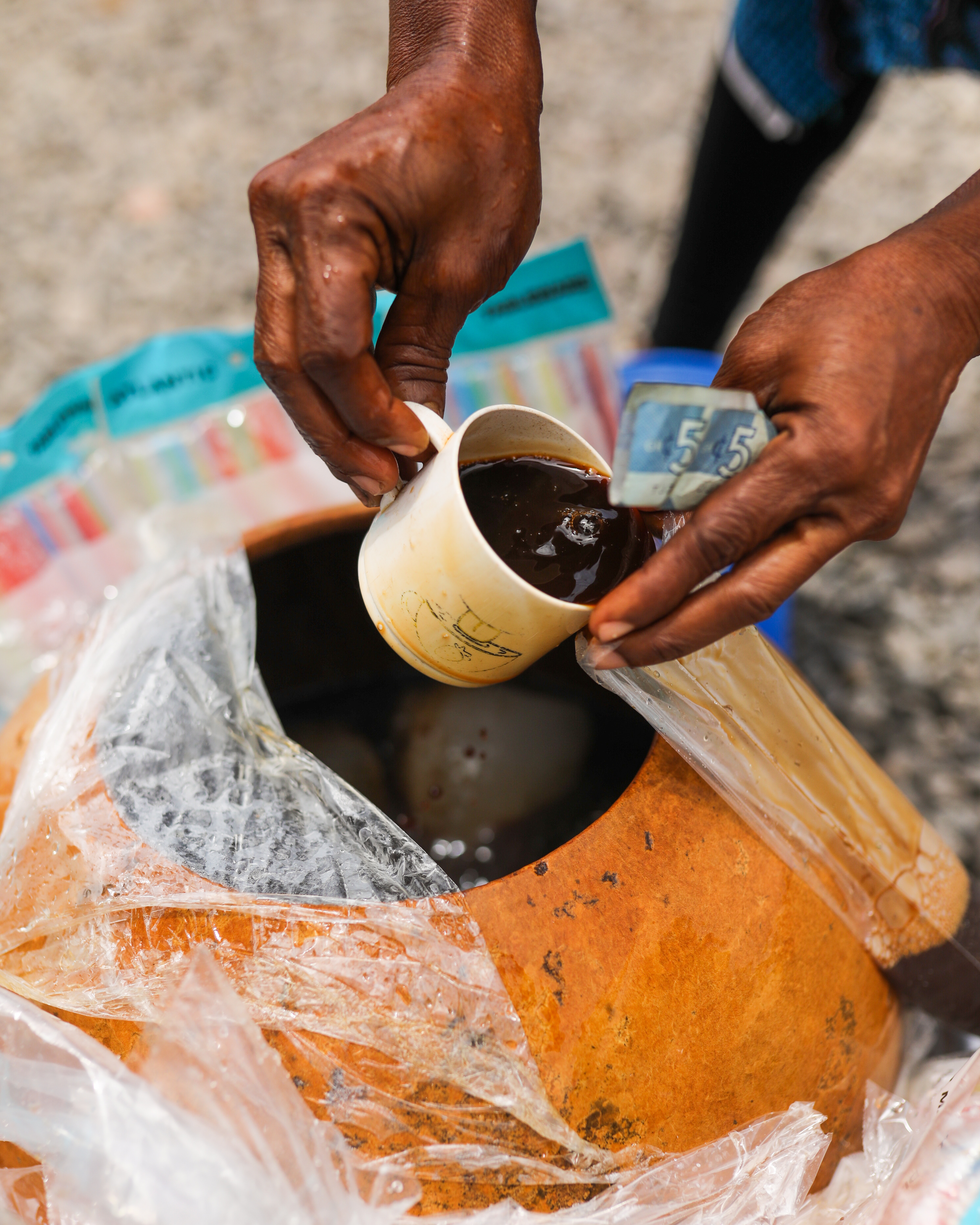
As I have a gut that is well acquainted with Ghanaian food, I was not too concerned about getting food poisoning but I always encourage non-African to stay clear of uncooked/raw streetfood and only drink hot liquids or liquids from reputable sources (bottled water or restaurants) Make sure to check in with your doctor and visit a local travel clinic, especially if you have never visited a tropical country.
I also made sure to travel with mosquito repellent because mosquitos are around year-round. Just because one is on anti-malarial doesn’t mean they are invincible to malaria. In rural area, I made sure to pack long sleeves and long trousers that were also light and airy to add an extra layer of protection.
This might not necessarily be a health precaution but purchasing a small portable fan is great for the warm weather; especially if you are not used to the heat.
Safety Precaution

Ghana is a peaceful country and I felt safe travelling as a single woman. As Ghana has invested heavily in boosting its tourism industry, it is becoming more and more popular for people to solo travel through the country, getting around by bus, car or plane (depending on the location). Although it is possible to solo travel on your own, I will highly encourage working with a travel agency. Travel agencies have the advantage of having a network of safe drivers as well as built relationships with locals in areas you might visit. For example, my tour guide from People and Places had a great connection with one of the tour guides at Aburi Botanical Gardens and it was a wonderful experience. Agencies can help with accomodation, transport and unique local experiences for both individuals and group tours. They can also tailor your trip to your own specifications.
But general rules of safety apply regardless of where you are. Everytime I travel, I make sure that my family has my full itinerary with contact information and my location. I personally do not like to travel at night. I know Ghana (Accra) has a vibrant night life but that was not of interest for me so I made sure to be back home before night time. I did not disclose my whearabout to random strangers and traveled with a door lock for the hotel rooms I stayed in.
Money
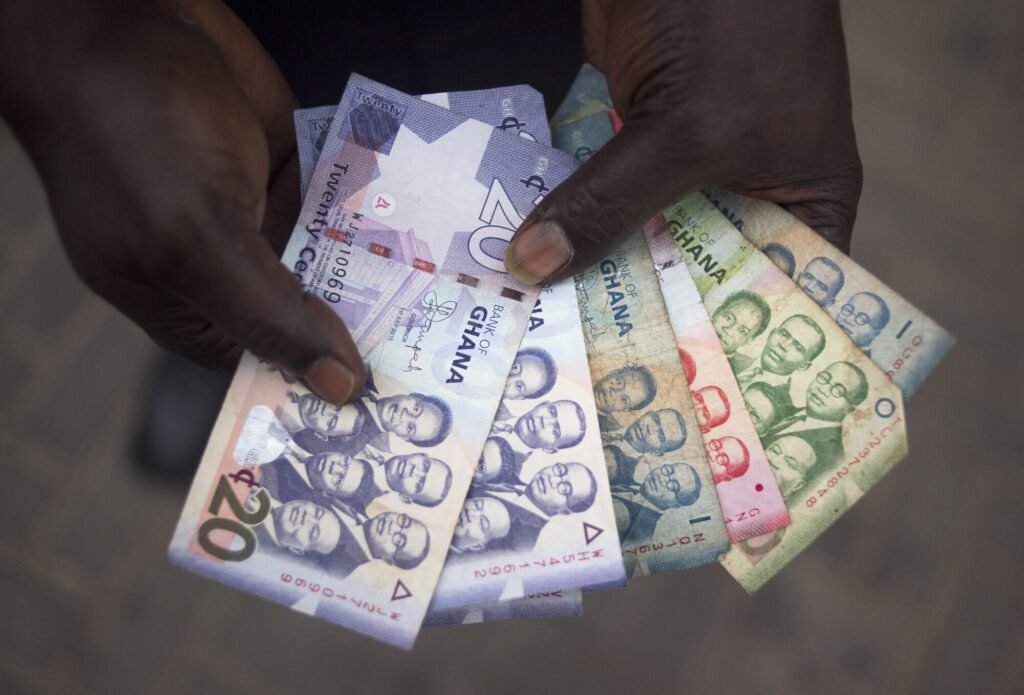
Ghana uses the Ghana Cedis (GHC) but foreign currencies are aplenty in Ghana. Obviously, businesses operating in Ghana will charge in Ghana cedis but business like travel agencies or with a larger foreign clientele can provide prices in foreign currency (specifically USD). The reason behind this has to do with the continuosly flunctuating Ghanaian currency, which has quickly depreciated over the last few years.
Foreign exchanges are abundant in Accra and other major urban centres in Ghana where you can change US dollars, Canadian Dollars, Euros or Pounds. If you are not from countries that carry these currencies, I always recommend people bring US dollars, specifically 100$ bills with the blue strip (3D security strip); these will get you the best exchange rate. Aside from physical cash, a lot of transactions happen through the phone. I paid for a lot of my trips through mobile transfer using third-party apps like Sendwave and Tap Tap Send which send money from your account directly into the mobile money account of the person you are paying in Ghana.
Accomodation
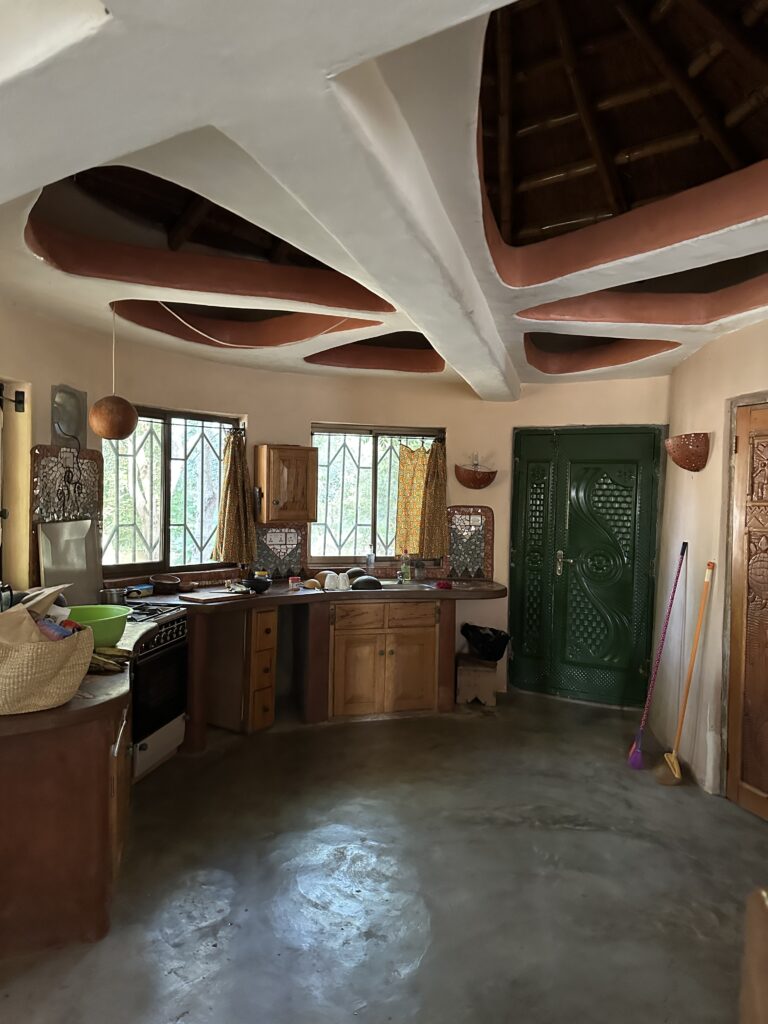
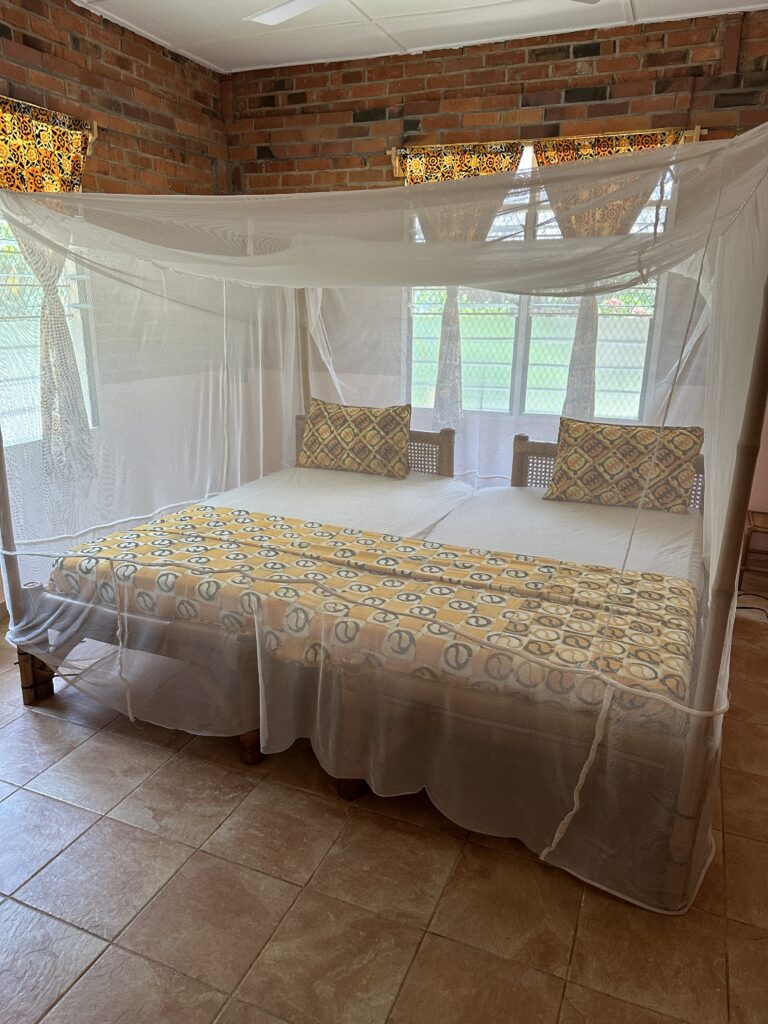
As a Ghanaian, I just stay with my family but I know that is not the case for many. There are many options for accomodations such as hotels, but AirBnBs have become incredibly popular in recent years. When I solo traveled across Ghana, my travel agency took care of my accomodation based on my budget, but I usually specify eco-lodges. These tend to be more sustainable employing locals and accomodate my dietary choices better than a luxurious hotel.
Langauge and Communication
The official language in Ghana is English. And although local languages are predominant, most people speak English so it is not too difficult to get around and communicate. Other common languages are pidgin (a creolized english) and twi (which a majority of the country speaks as their first or second language).
Phone
It is now difficult to get a phone card in Ghana without a Ghanaian ID (if you are a Ghanaian abroad and in need of a Ghana Card ASAP, make sure to check out the CalBank Head Office in Accra). If you want to get a local number, I recommend visiting the major phone offices for MTN and Vodafone at the Accra Mall where they can register a temporary number with your foreign passport, but this is for a short amount of time. You can get around with not having a phone number if you have access to data. A lot of communication happens via WhatsApp, which only needs data. Something I highly recommend is getting an e-sim. I use Airalo when I travel and they offer great packages. Mobile phones are incredibly useful in Ghana and the network can be pretty good if you are in an urban area. Rural areas can be a hit or miss. I had great service (even better than Accra) in Tongo, Upper East but no service in the Volta region.
Getting around
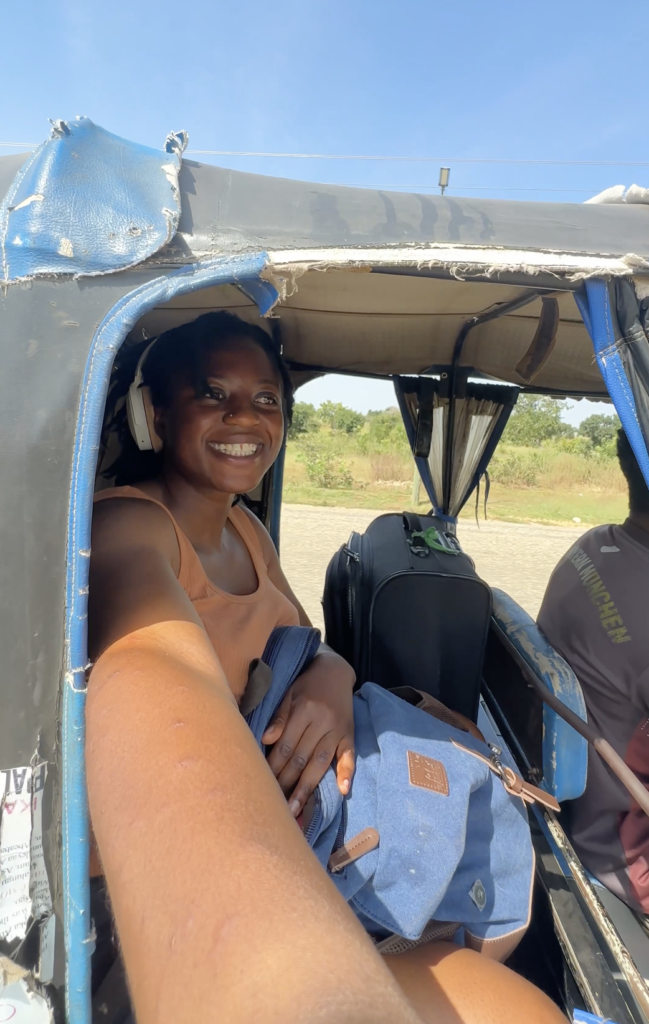
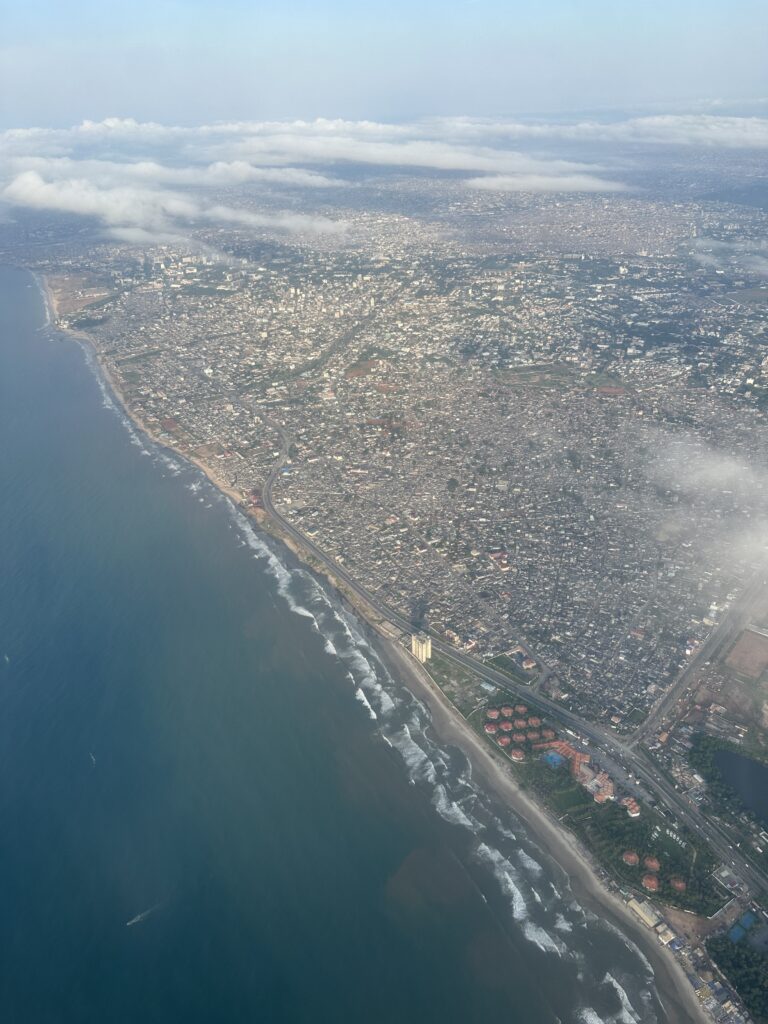
Transportation in Ghana is a bit of a peacemeal system. In Accra and major cities like Kumasi, Ubers and Bolts (ride share) companies are available. These require cash or mobile money and very likely to cancel if payment method is card. Locals also use ride share companies to get around as well as taxis and trotro (local buses that operate specific routes). In the north, most people get around with motocycles or tricycle cars (tuk tuk/kadunas). Traveling between cities, there are buses such as VIP or STC people take from major locations like Circle or Kaneshie in Accra. More recently, flying has become popular with flights taking passengers from Accra to major cities like Kumasi, Tamale and Takoradi. Flying significantly reduces travel time to these major hubs as passengers do not have to deal with terrible roads or long hours. In more rural areas, it might be difficult to find many of these transport options, except maybe a taxi or a motocyle.
In Accra, I get around with Uber and Bolt. When I travelled across the country, my travel agency organized drivers for me as well as flights. You are welcome to rent a car but it is very uncommon; some also hire a driver.
Food
Ghana is a country in West Africa, and like it’s neighbours, has a diverse range of foods that are a product of it’s culture, history and climate. Ghanaian food is traditionally spicy and well seasoned. Foods can be divided to broad categories of spicy soups and stews, a diversity of starchy balls to accompany soups and stews, traditional drinks, rice based meals and many more. The foods you get in the south will difer from what you get in the north. There are no hard and fast rules on what is eaten for breakfast, lunch or dinner as certain foods sold in the morning can also be sold at night.
Classic Ghanaian dishes everyone needs try include
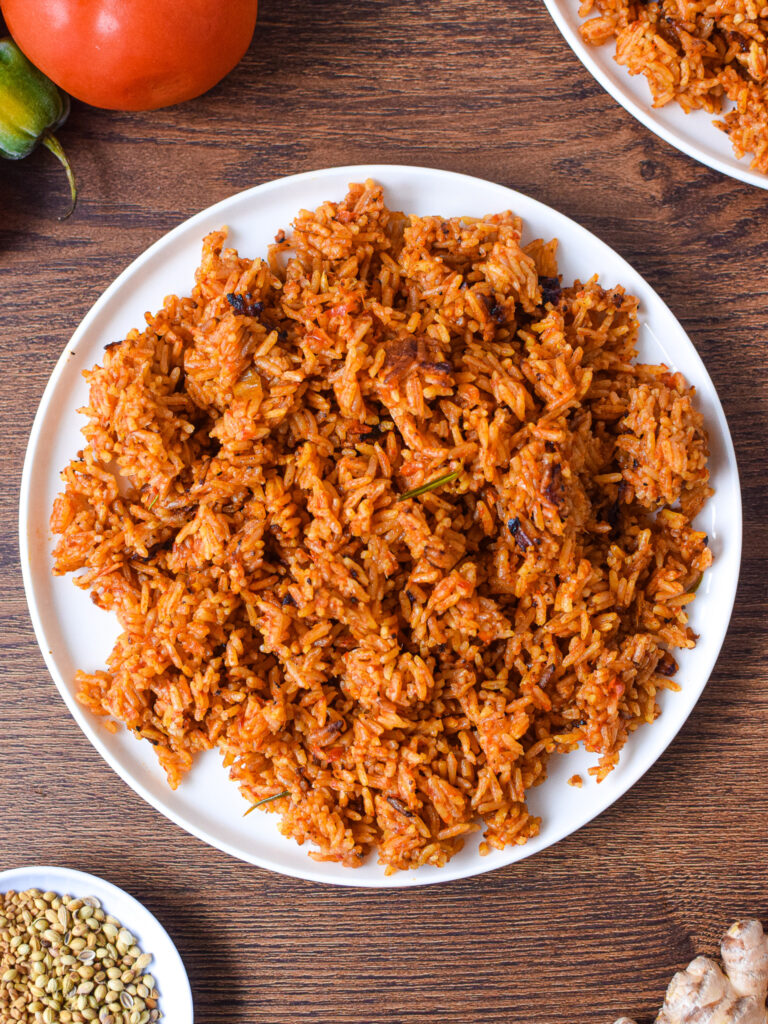
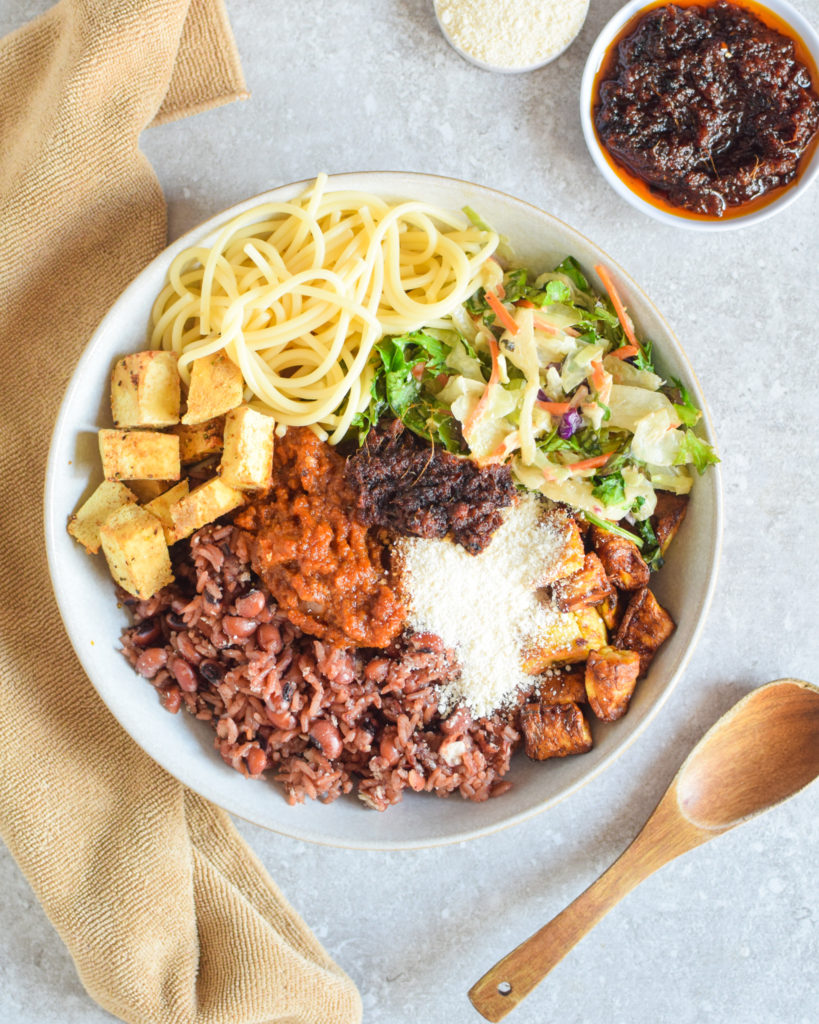
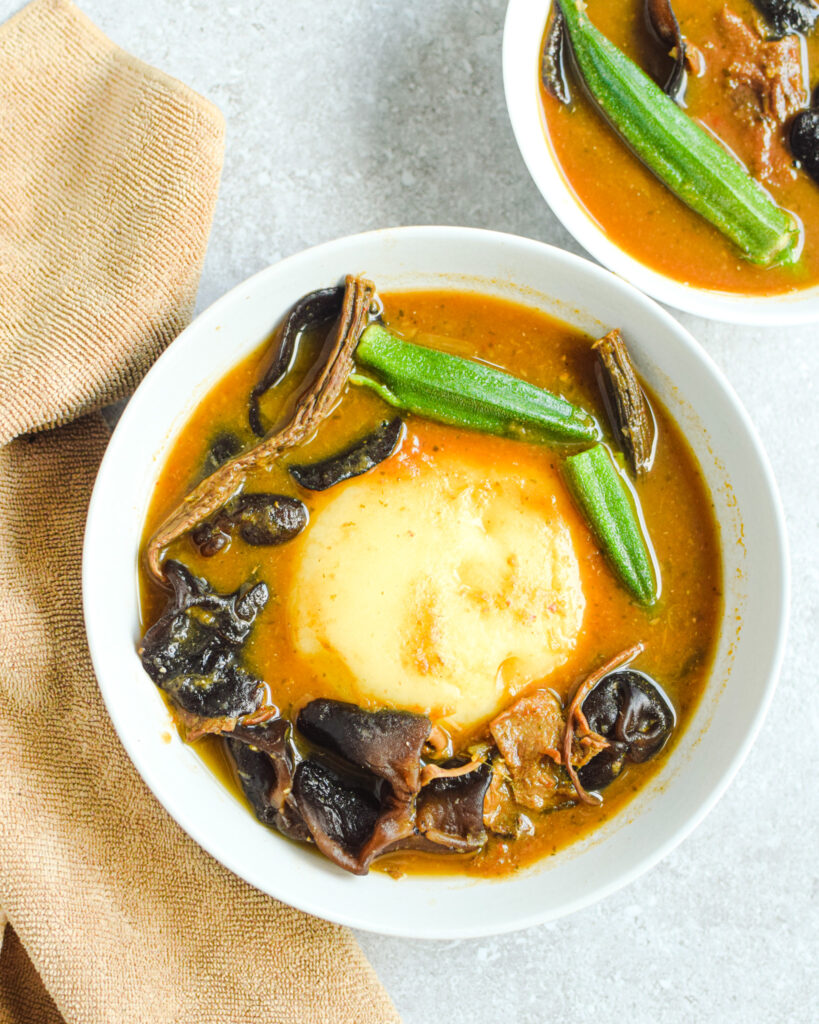
- Jollof Rice
- Fufu and Light Soup
- Waakye
- Plantain and Beans
- Kenkey and Shito
- Tuo Zaafi
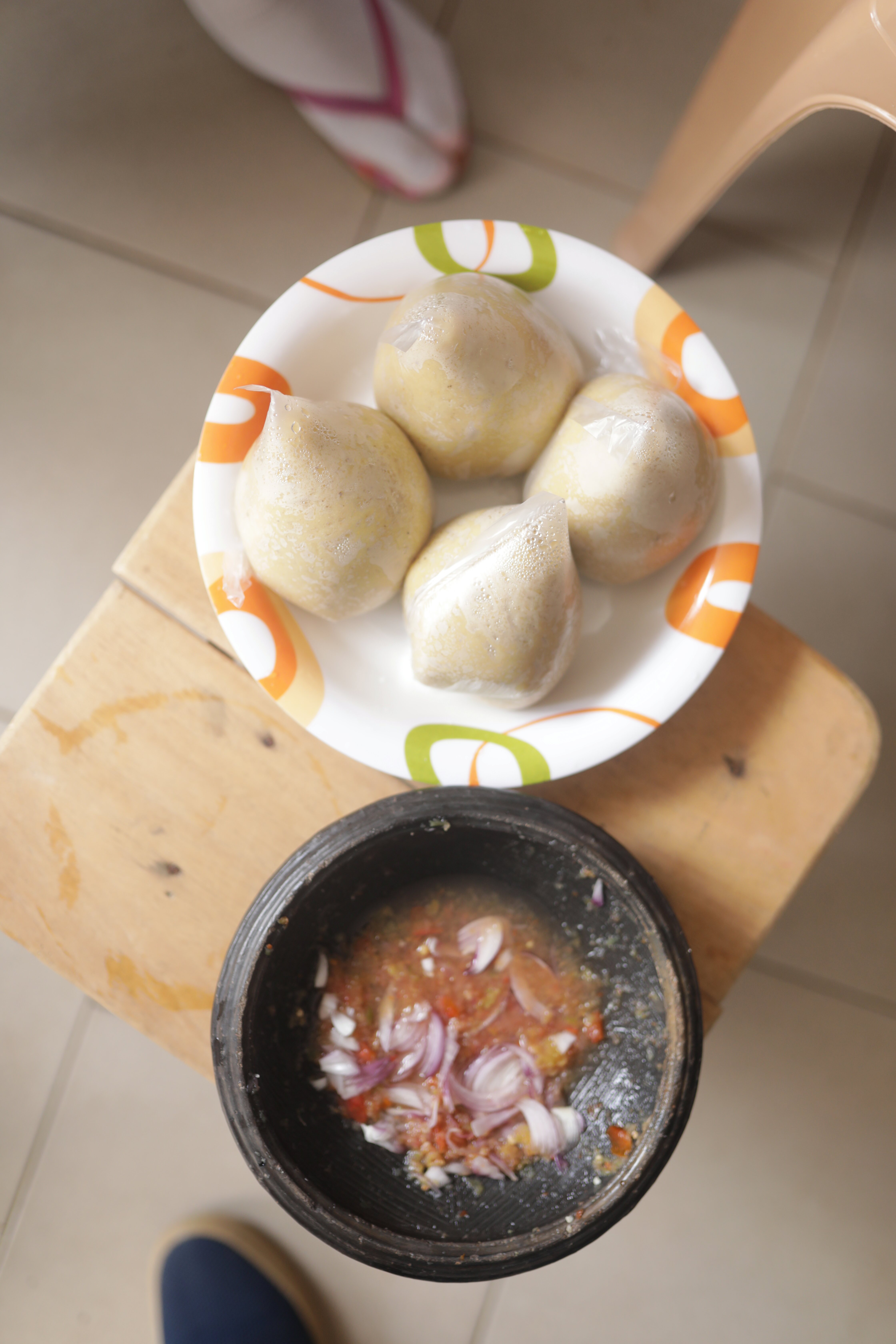
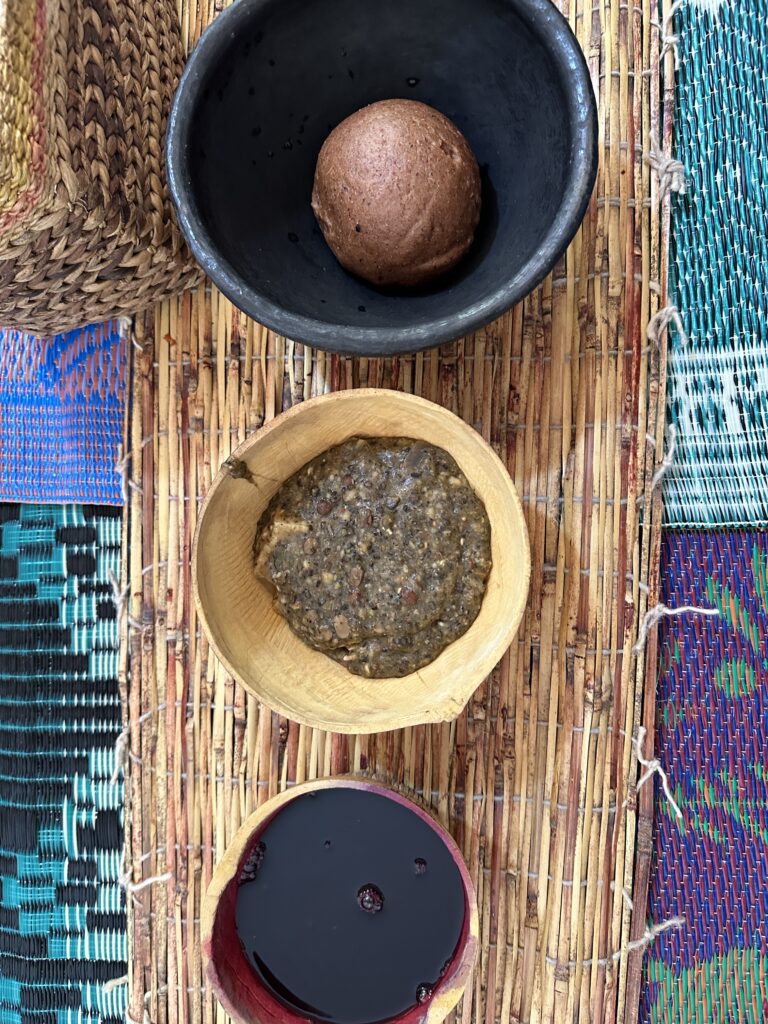
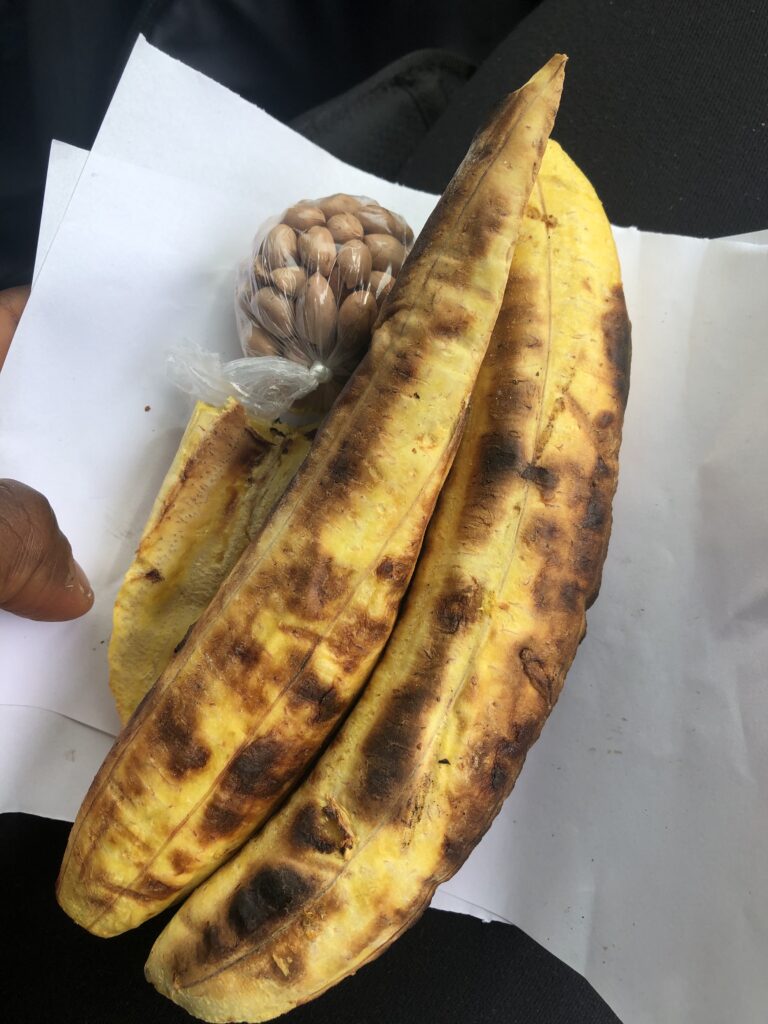
As someone who eats plant-based, Ghana is definitely a very tricky place to maintain a fully plant-based diet. Although there are a few snacks and breakfast items that are completely plant based, I have had lots of mishaps trying to communicate my dietary choices and sometimes find fish in my meals. So for ease and less anxiety, I am a lot more flexible with my dietary choices in Ghana if I am not responsible for the cooking.
Vegetarian is usually easy to understand but words like vegan or pescetarian are not part of many’s vocabulary. The north is also easier to eat plant based than the south of the country but fish is still used in soups. Allergies are also pretty much non-existent in Ghana, so I always caution those with peanut and shellfish allergies to be incredibly careful. It is very possible to be gluten free in Ghana as wheat is not a traditional crop in Ghana, although a part of the modern Ghanaian diet. A follow-up blog post on dietary restrictions is coming up in the near future.
Cultural Things to know
Ghanaians are incredibly friendly and welcoming to all. However, there are a few things to be mindful of culturally. Politeness is an incredibly important virtue in Ghana. Ghanaians are known to say “please” and “thank you” a lot.
It is important to give and receive things with your right hand as the left hand is seen as unclean (the hand you use in the bathroom). The right hand is also important when it comes to eating. As most meals in Ghana are eaten with hands, it is customary for people to use their right hands to eat.
Talking about food. Eating with your hands is the culturally accepted way to eat. Certain foods are eating with cutlery but traditional foods are best enjoyed with hands. Most local restaurants offer clients a place or a bowl to wash their hands with soap before a meal. I always encourage travellers to try their best to eat with their hands as a sign of respect but I know it is not possible for everyone. It is not the end of the world if you ask for cutlery, maybe a few odd stares here and there.
There are no hard or fast rules when it comes to tipping in Ghana. It is not uncommon for some service providers to ask for a small tip (especially at the airport) and people choose to tip willingly. At markets, items are usually bargained for especially if you are buying multiple items.
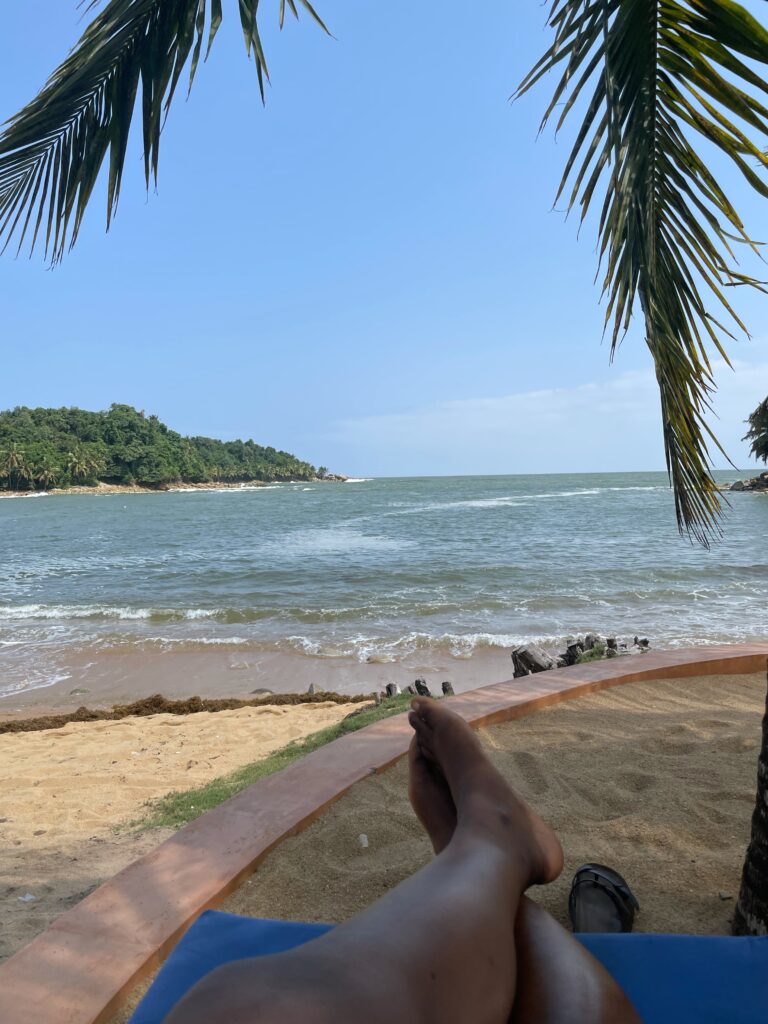
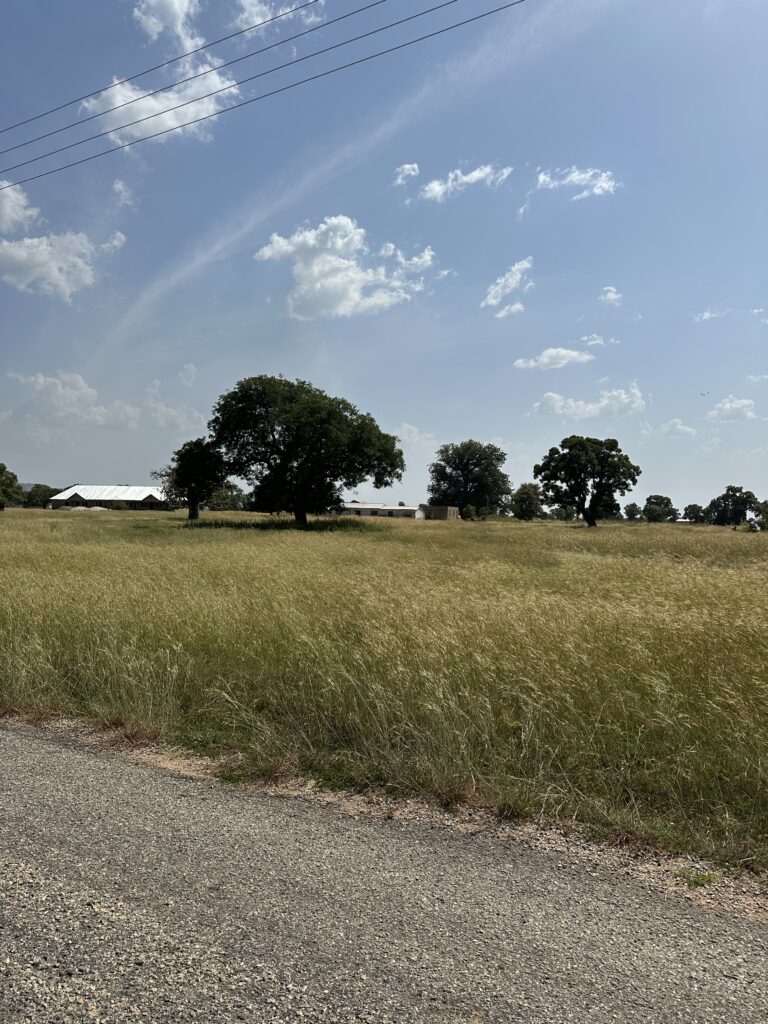
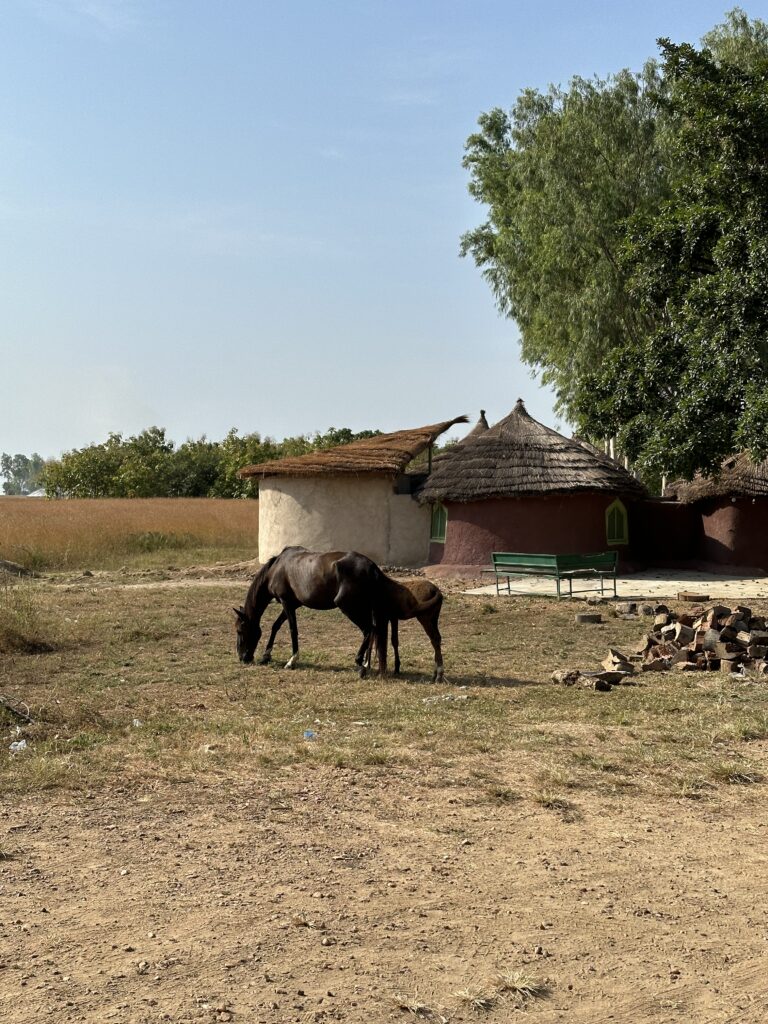

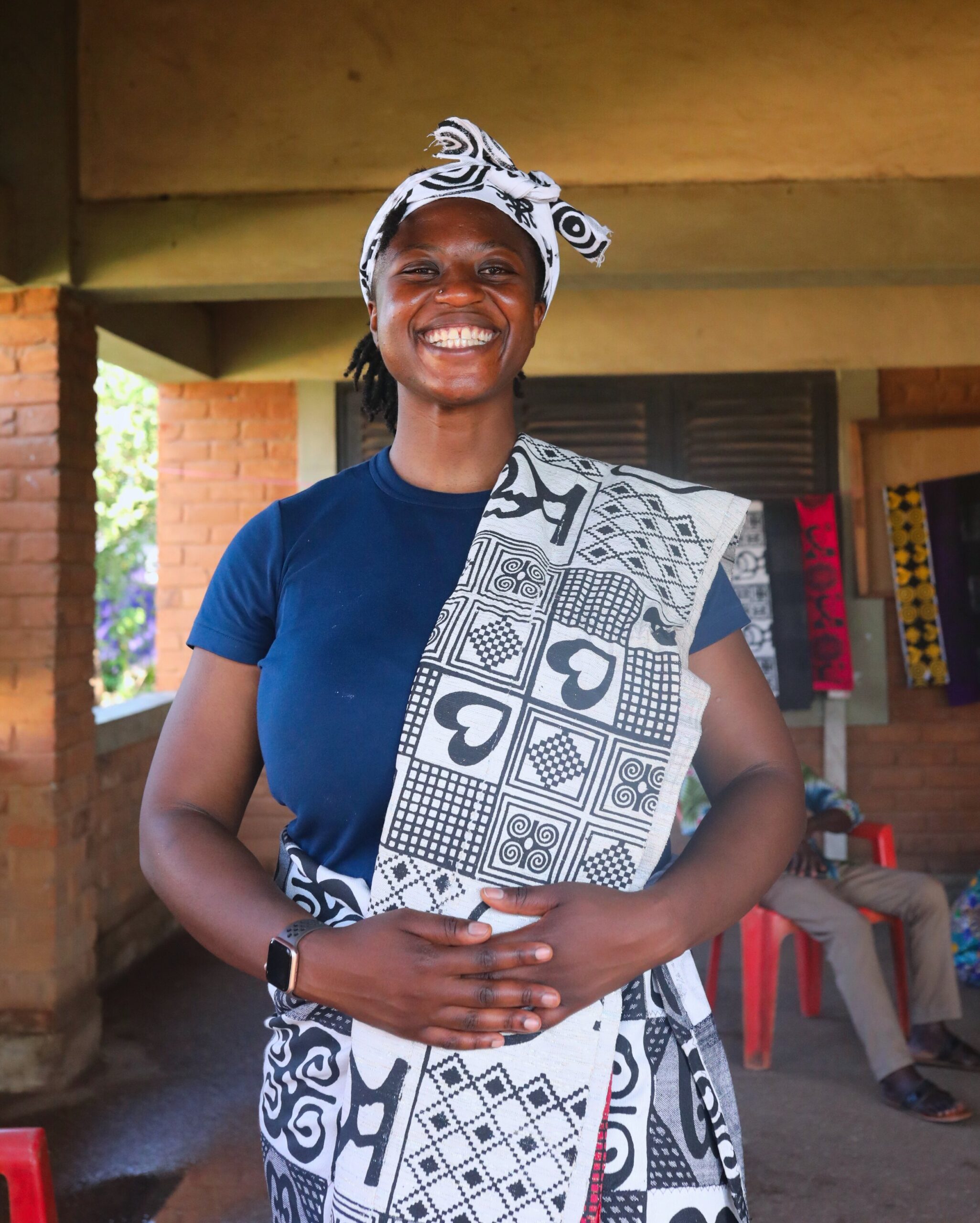
No Comments